Trusted by Ireland’s leading organisations for payroll training.
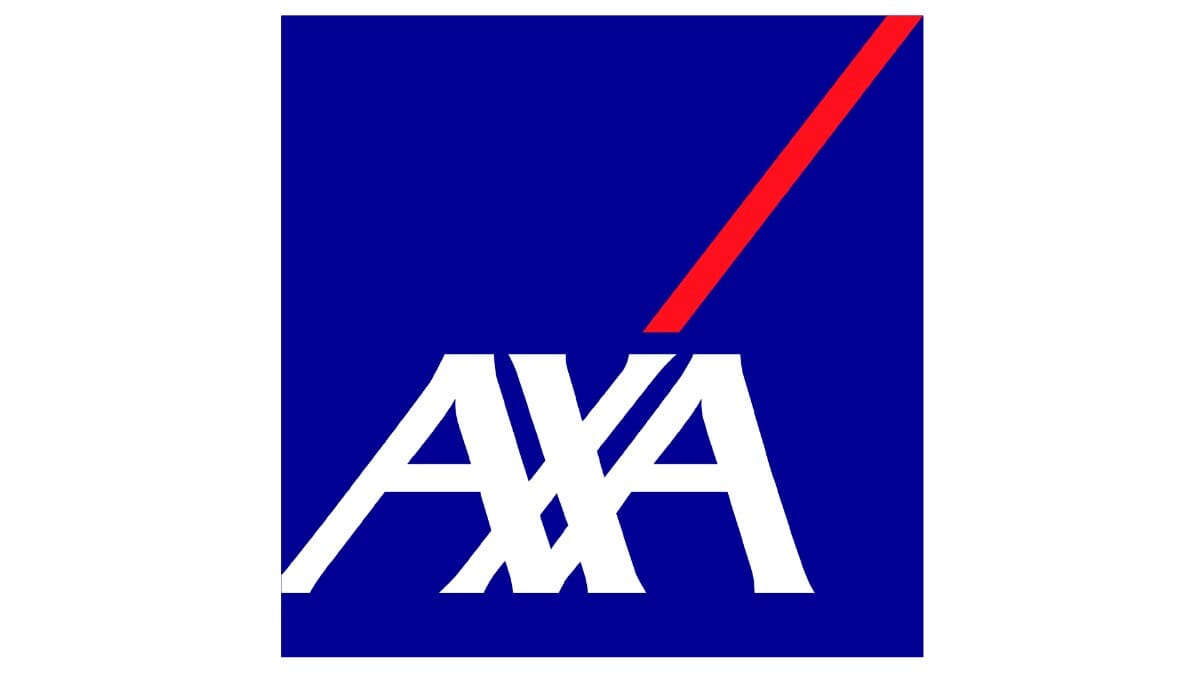
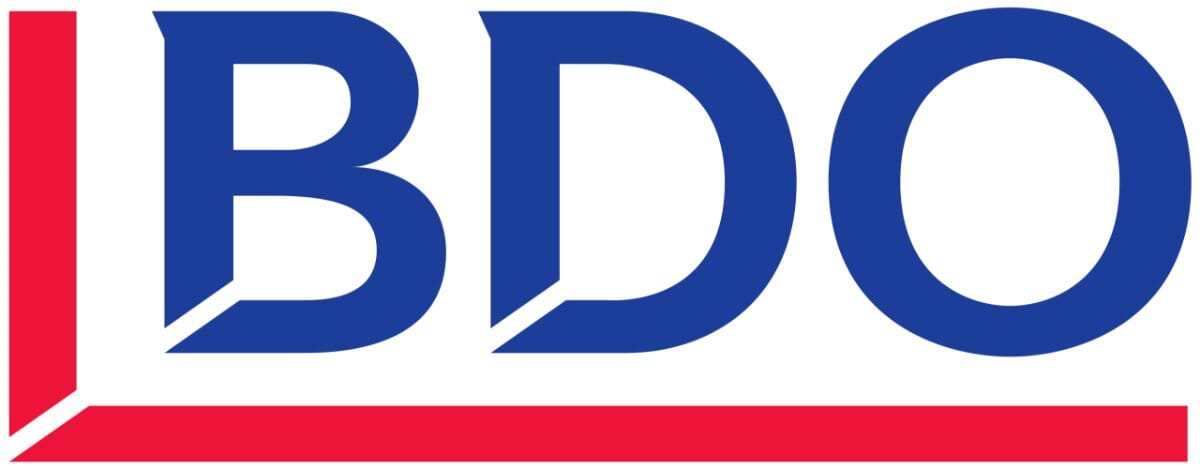
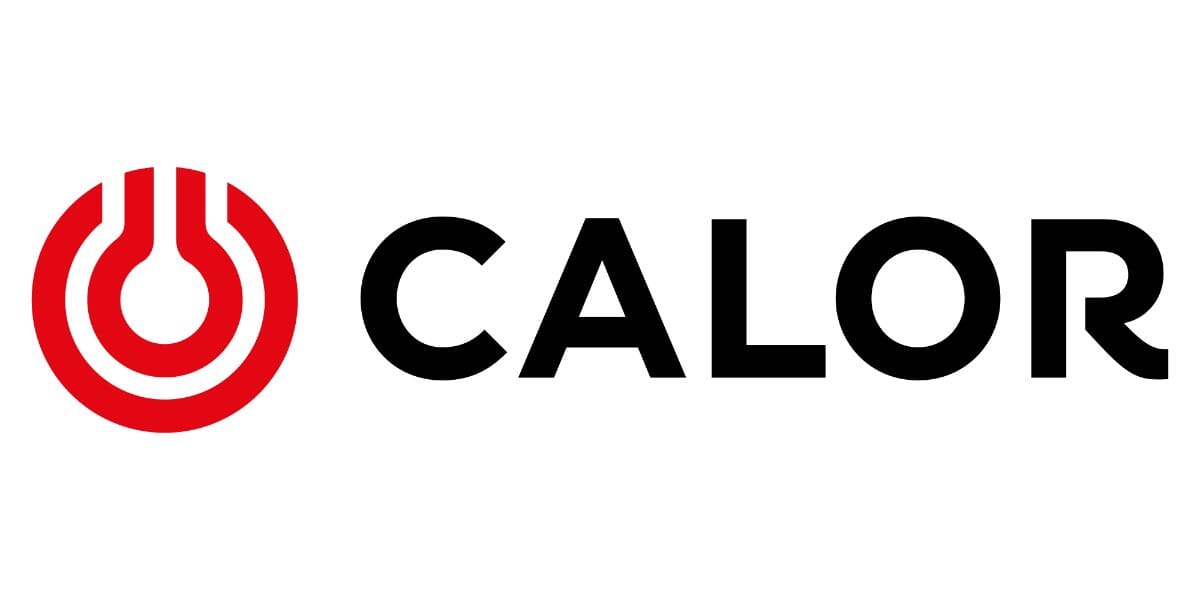

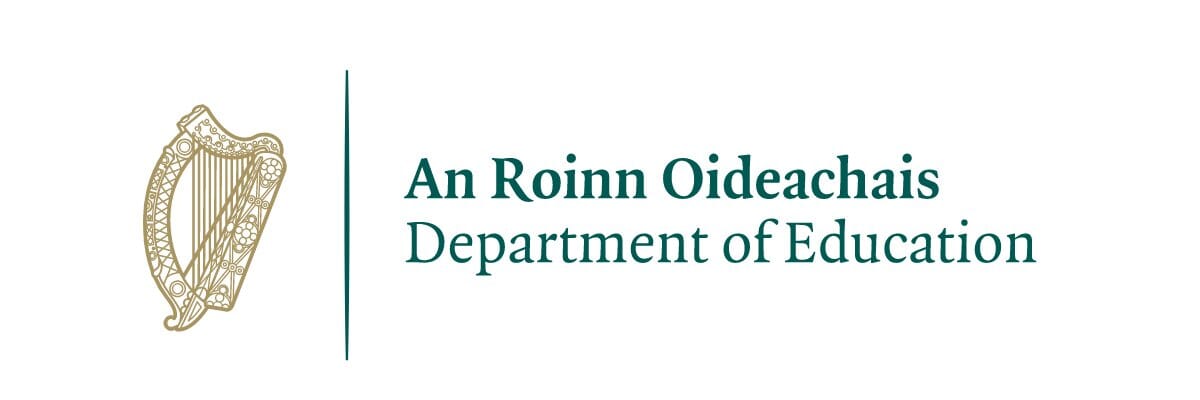
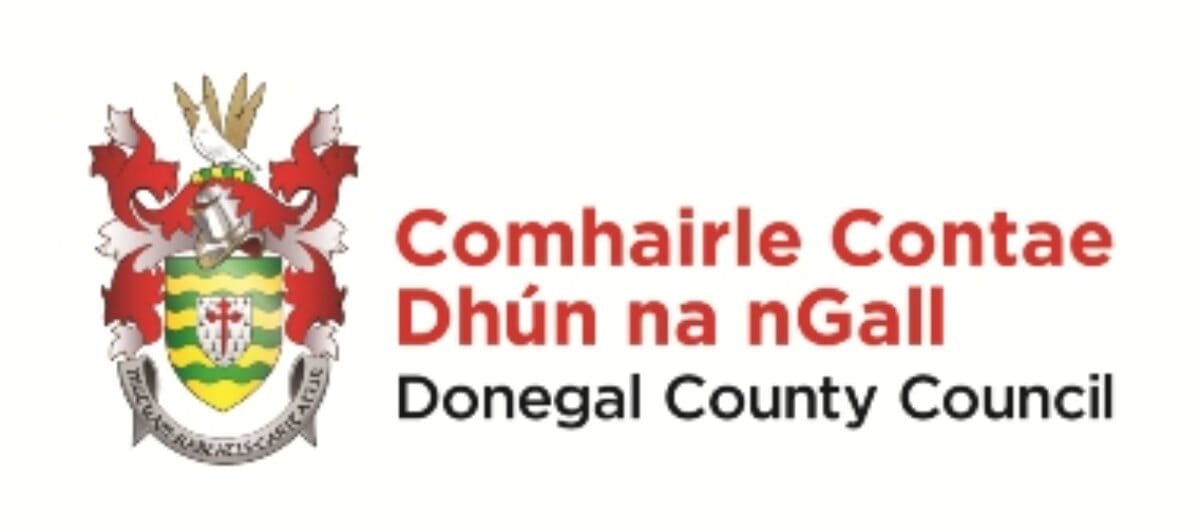

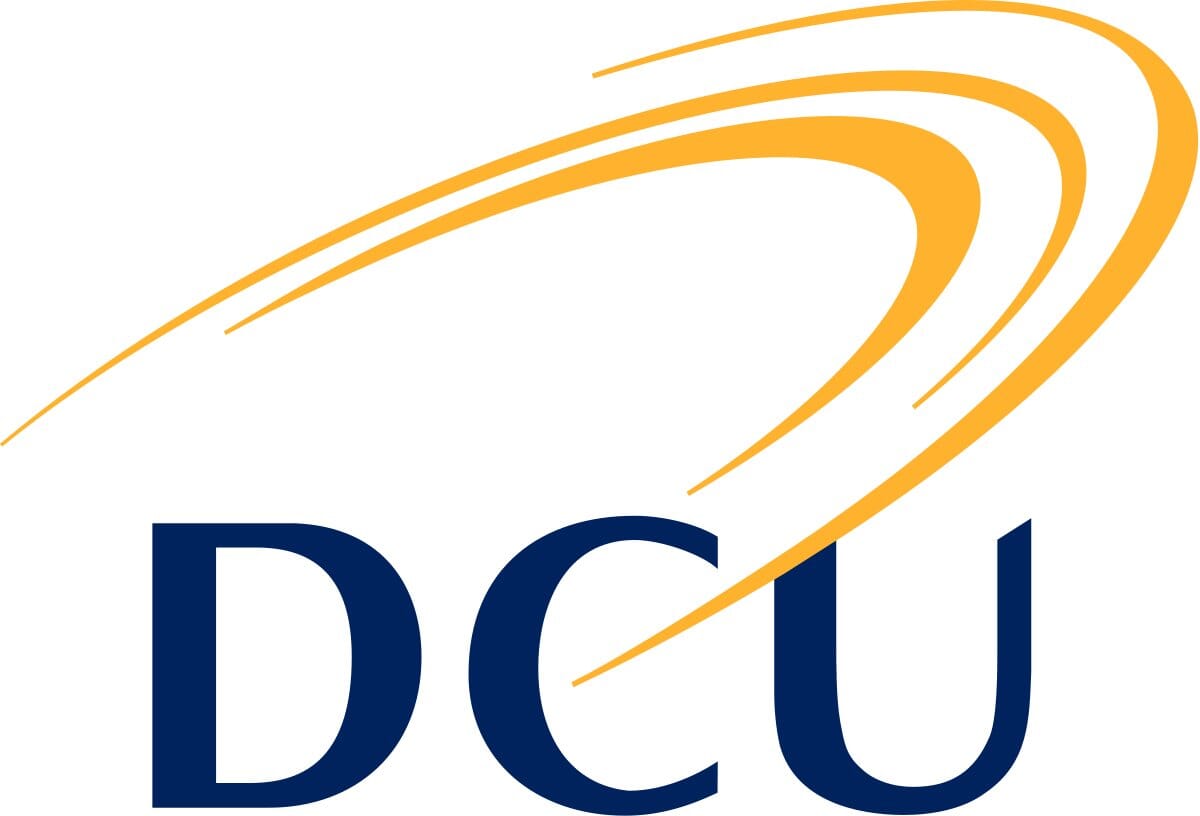


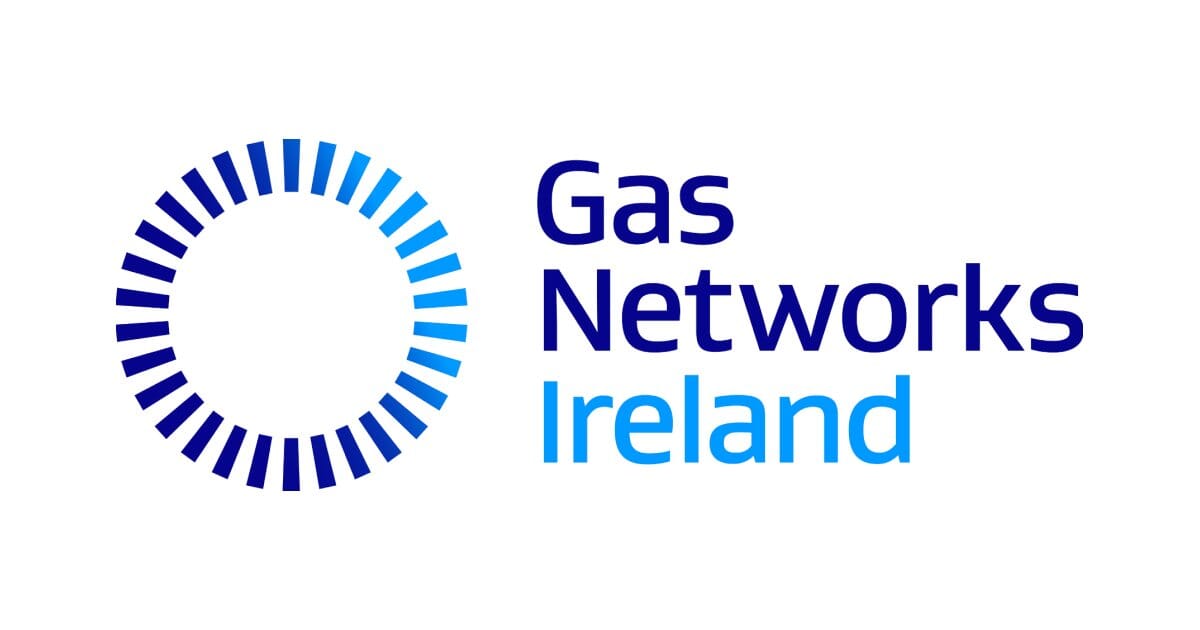
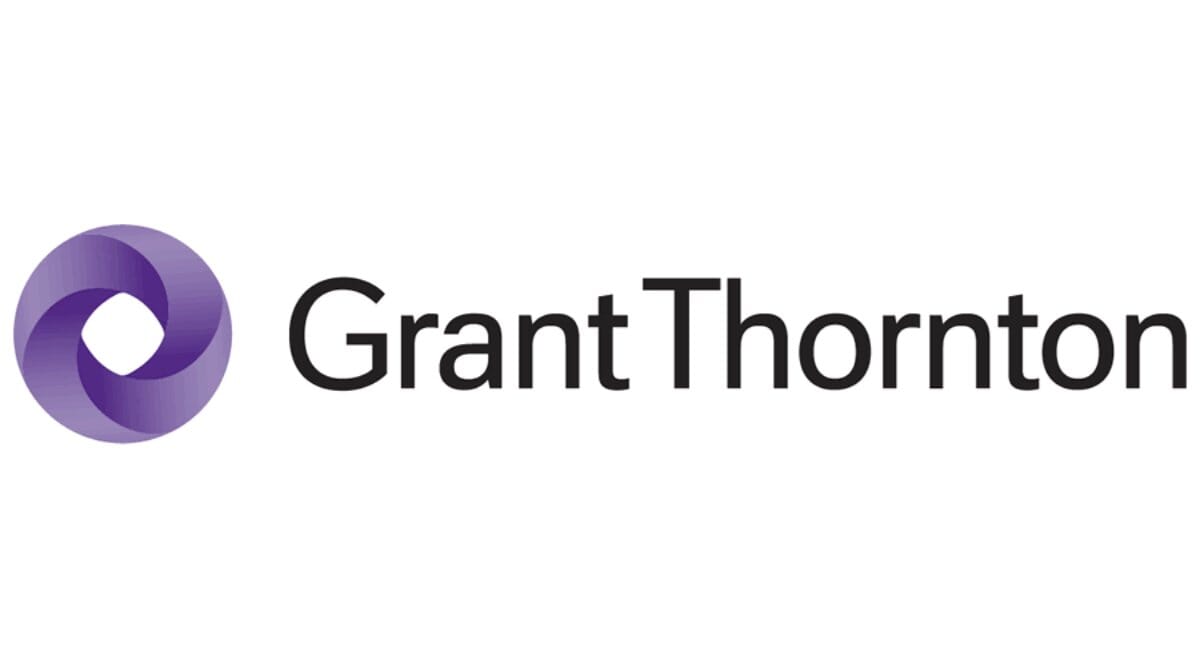
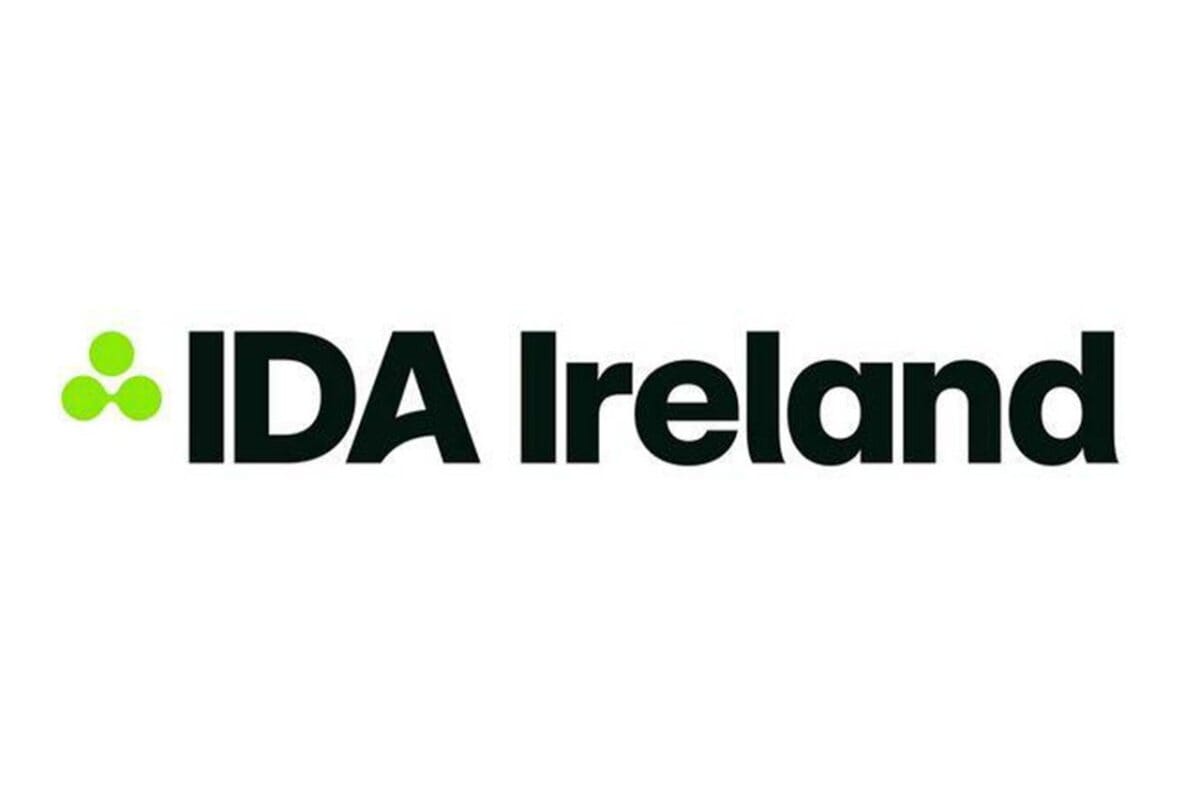

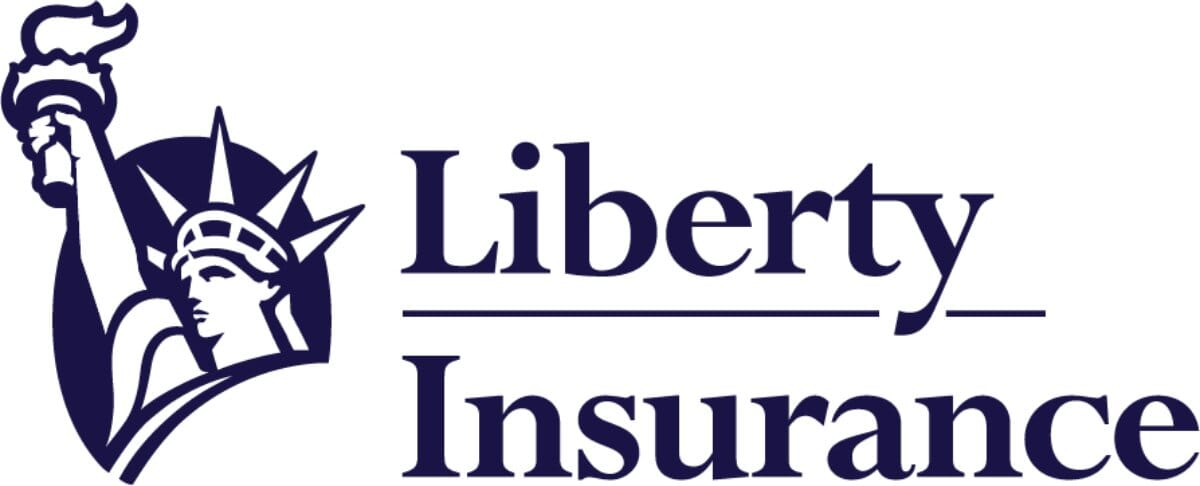
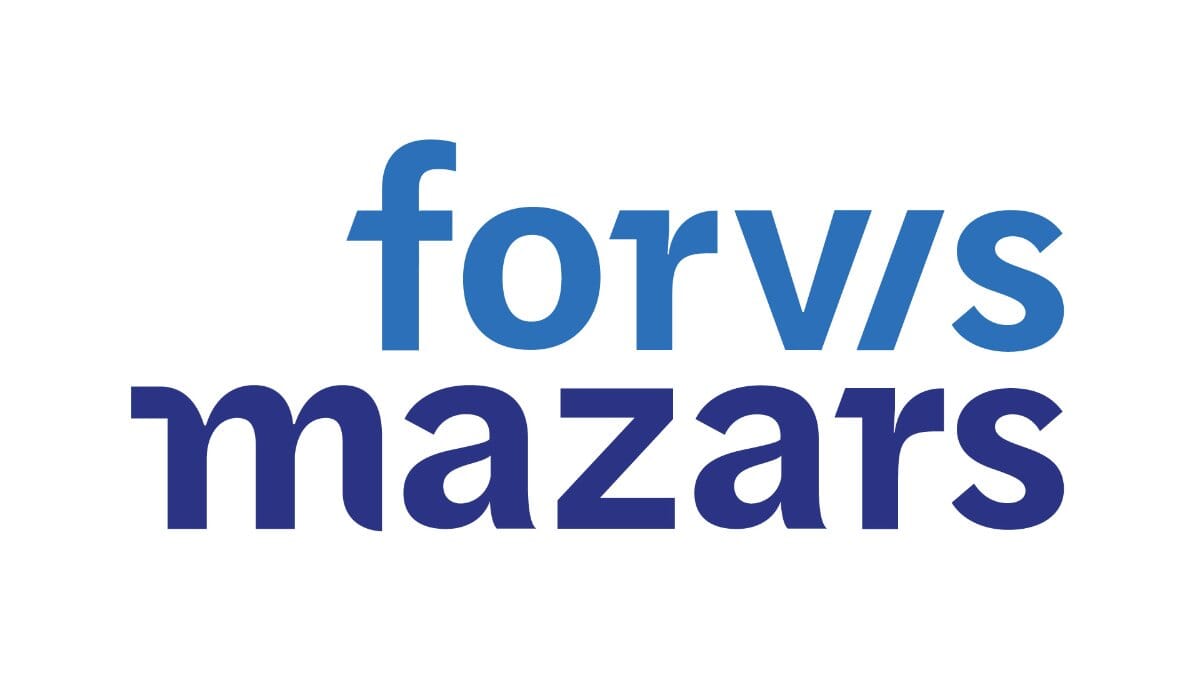
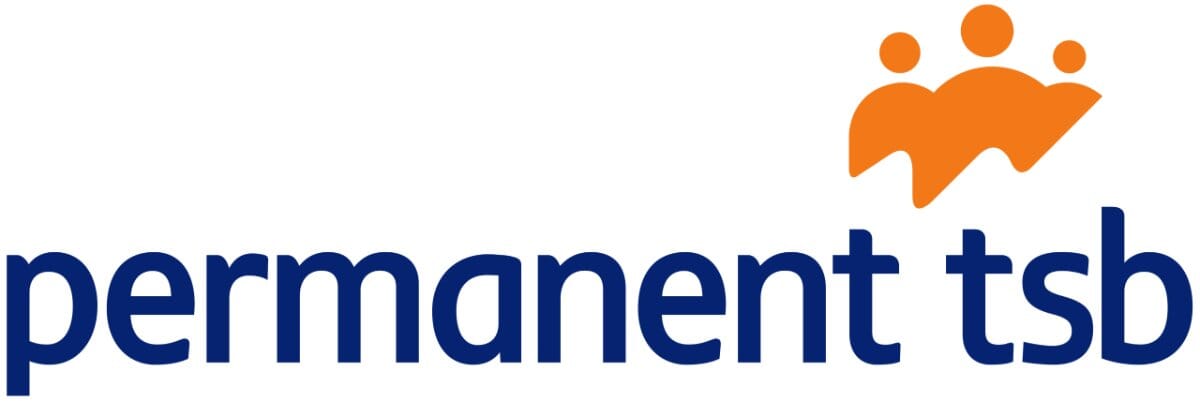

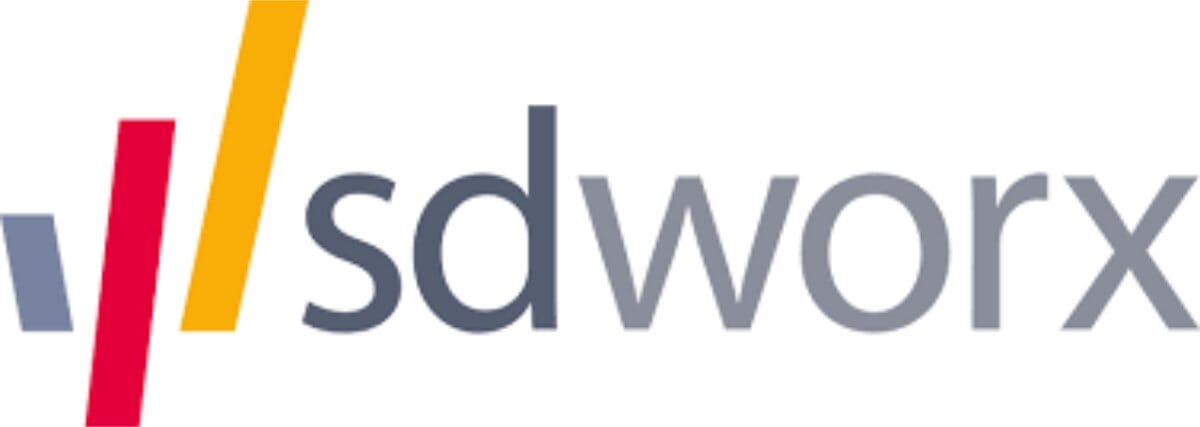
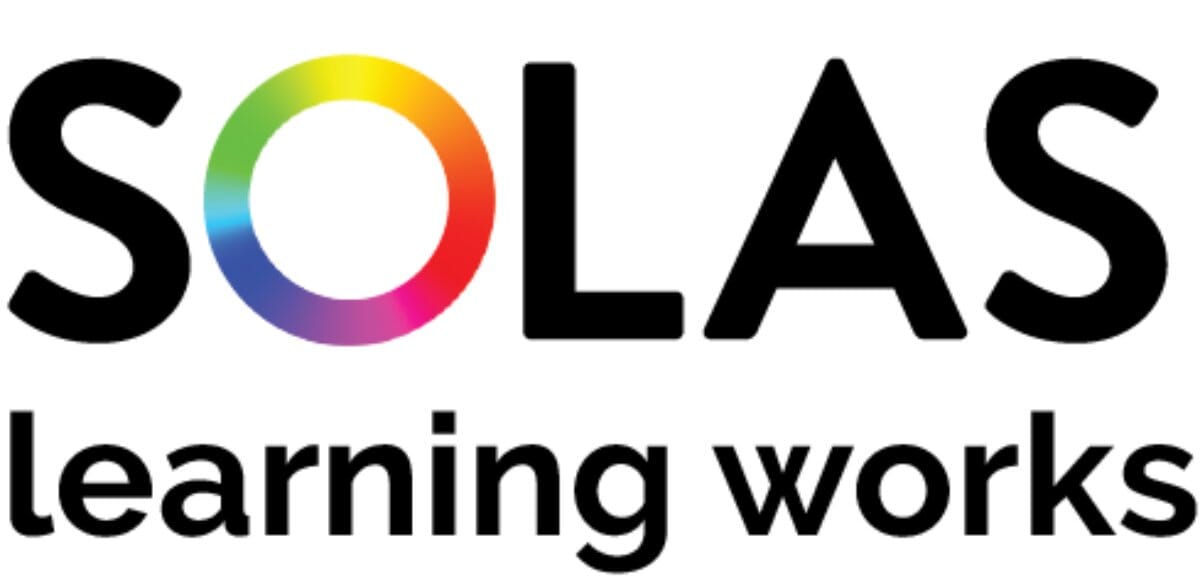
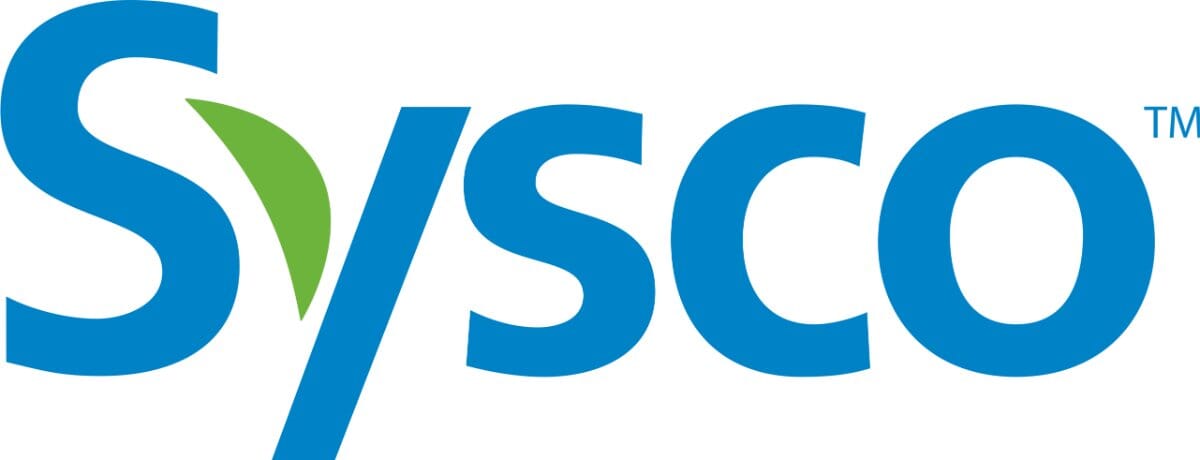
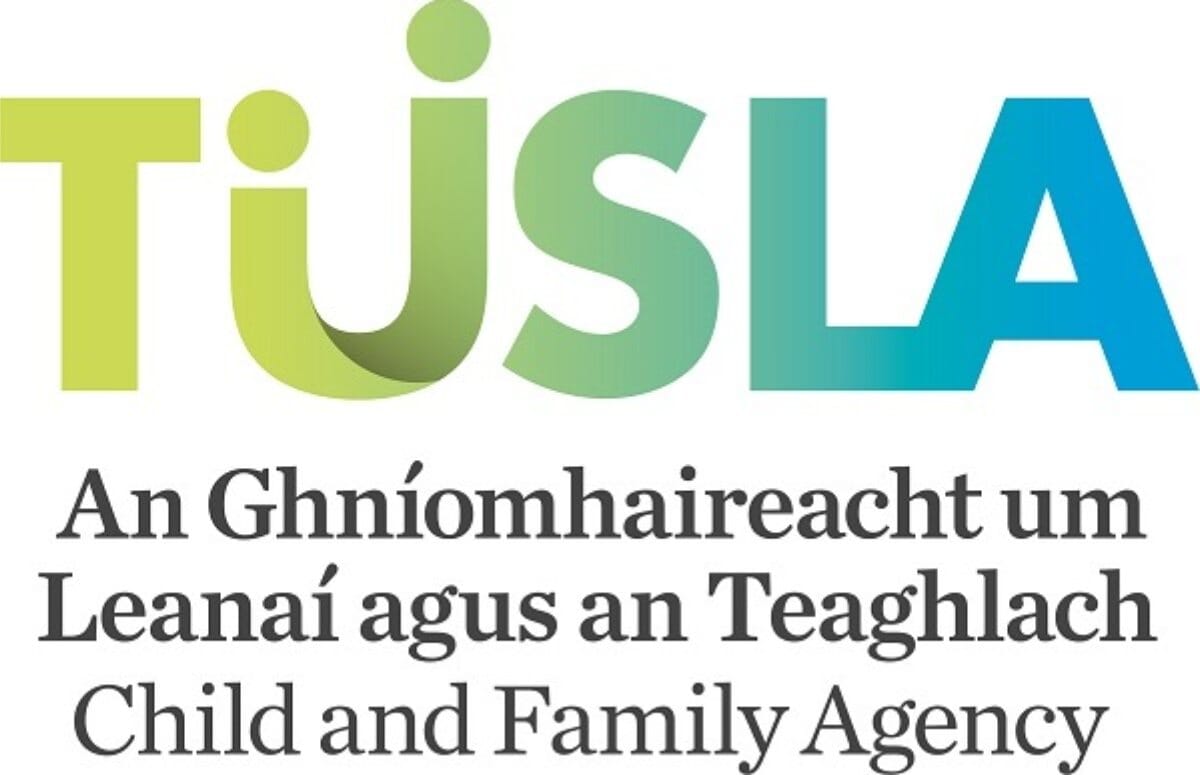

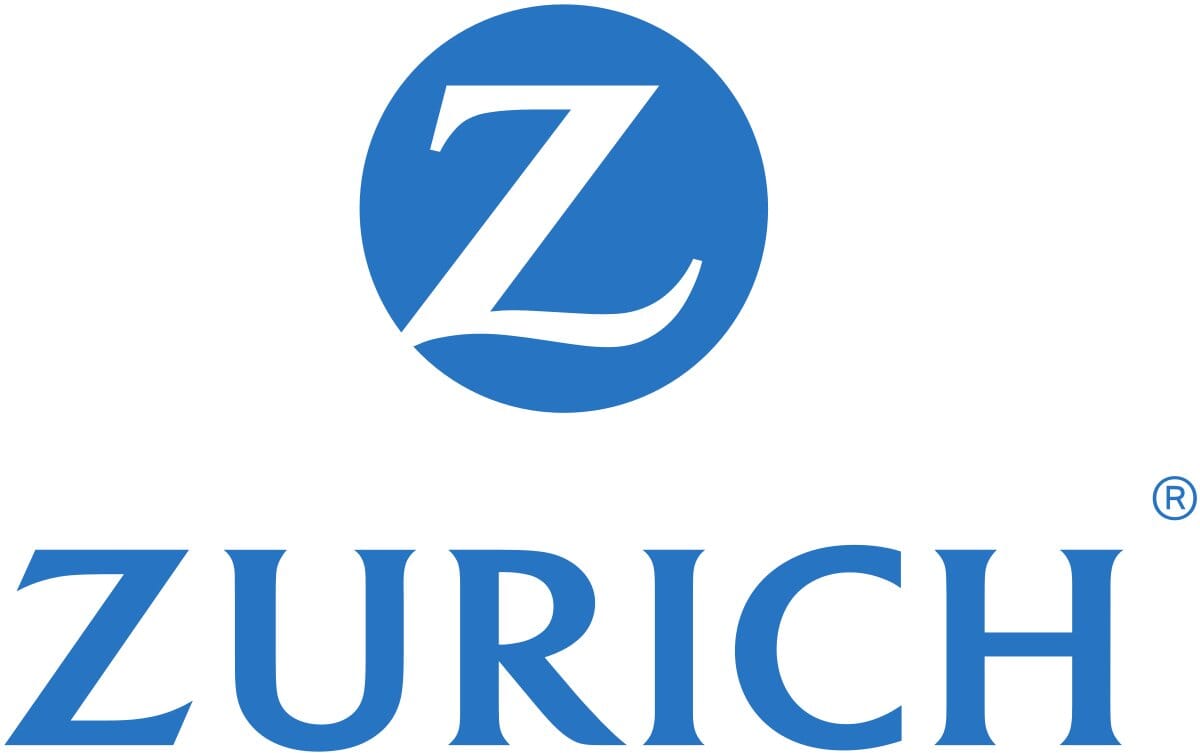

“Choosing the IPASS Professional Payroll Management turned out to be one of the best decisions of my career. It equipped me with the skills and confidence I needed to manage payroll processes efficiently and effectively.”
Curriculum
This module builds on the knowledge and experience students acquired from the Certificate in Payroll Techniques. It provides students with an understanding of the more complex issues in payroll, especially in relation to the international movement of employees. An employee’s tax residence and location where they perform their duties of employment have a major impact on payroll. This module cover the following topics:
- Personal Taxation
- Residence in Ireland for Income Tax Purposes
- Introduction to Double Taxation Agreements
- Taxation of Inbound Assignees
- Taxation of Outbound Assignees
- Tax Equalisation for Global Mobility
- Company Directors
- Share Based Remuneration
- Attachment of Earnings Order and Notice of Attachment
- Advanced PRSI
- Pensions and PRSAs – Advanced Issues
- Payroll Accounting and Budgeting
- Employed or Self-Employed – Determining an Individual’s Status for Tax
- Purposes
- Revenue Compliance Interventions
- Tax Management Practices for Employers and Employees
- CSO Surveys
- In-house Payroll versus Payroll Outsourcing
- Considerations when selecting Payroll Software
This module provides students with an understanding and application of various areas of employment law which interact with the role of payroll managers. This module covers the following topics:
- Minimum Notice and Redundancy
- Protection of Employees including Employer Insolvency situations
- Industrial Relations and Unfair Dismissals
- Employment Equality
- Gender Pay Gap Reporting
- Data Protection
- Information and Consultation Arrangements in the Workplace
- WRC Inspections
This module covers the essential topics connected with organisational behaviour and the important processes connected with people management. This module contains 2 parts.
Part 1: Main Principles underpinning organisational behaviour
- Individuals and how they interact
- Motivational theory
- Managing Teams and team building
- Organisational structure and change management
- Individual and organisational communications
Part 2: Management Processes, Techniques, Systems and Principles
- Recruitment and Selection
- Performance Management
- Training and Development
- Leadership and Management styles
- Planning and Evaluation
Intake Details
Course Duration: 8 Saturdays
Module 1 – 4 October; 18 October; 1 November & 22 November 2025
Module 2 – 24 January & 14 February 2026
Module 3 – 28 March & 18 April 2026
Timetable: 9.30am until 3.30pm each day. (30 minute break around lunch time)
Online Learning is increasingly the preferred option for students. Please be assured that our online learning platform is designed to provide the same level of care and support as in-person classes.
Studying online offers the flexibility to attend live lectures, scheduled on specific days, or view pre-recorded sessions at your convenience. Participants will also be assigned a tutor to support them throughout their studies.
Classes will be delivered via Zoom, requiring participants to have access to a computer with internet connection. Additionally, students will have access to our online portal, providing them with supplementary materials.
Recognition of Prior Learning (RPL)
Successful completion of the Certificate in Payroll Techniques (CPT) is a pre-requisite for enrolment into this Professional Payroll Manager (PPM) programme.
If you have not completed the CPT but have substantial payroll experience, you may still be eligible to apply through the Recognition of Prior Learning (RPL) pathway.
This alternative route is intended for experienced payroll professionals who have not completed the CPT but can demonstrate significant industry experience.
Eligibility Requirements:
Applicants who wish to apply for a direct entry for the IPASS Professional Professional Payroll Manager (PPM) programme must meet the following requirements:
- Minimum 5 years of payroll experience, evidenced through a LinkedIn profile or CV or
- Minimum 1 year of payroll management experience, evidenced through a LinkedIn profile or CV
- In addition, all applicants must sit and pass Stage 2 of the CPT exam
(Candidates will sit the exam alongside our regular CPT students at an IPASS exam venue)
CPT Exam Timeline:
|
PPM Programme Intake |
CPT Exam Sitting |
|
October |
August Exam |
|
February |
December Exam |
|
March |
February Exam |
Exams typically take place on a Saturday morning, from 9.30 am 11.30 am. All exams must be taken in person at an authorised test centre under supervision. Please note that online exam options are not available.
Cost:
A fee of €200 applies to the RPL process, which includes the following:
• A summary of examinable material
• A past exam paper for preparation
Please note that only one exam attempt is allowed per candidate. A minimum score of 60 out of 100 is required to pass and secure RPL, allowing direct entry into the PPM programme.
Payment options
-
Professional Payroll Manager – October 2025
-
Professional Payroll Manager – January 2026
-
Professional Payroll Manager – March 2026
FAQ
Here are your answers
We are the Irish Payroll Association. We focus exclusively on Payroll & Professional Tax training in Ireland. Established in 2000, we work with Payroll Professionals and Businesses from every sector of the economy.
Browse these questions and answers to help you make an informed decision on whether this course is right for you.
For more information, please click the button below to contact us.
The IPASS Professional Payroll Manager Qualification is a comprehensive 1-year course tailored for Irish Payroll managers and senior staff.
Developed in consultation with industry experts, and building on the knowledge from the Certificate in Payroll Techniques, the programme provides comprehensive training in advanced payroll practices, management skills, and key areas such as Employment Law and Income Tax.
It equips students with the skills to lead teams, handle leadership responsibilities and make strategic contributions to their organisations.
Graduates will gain a professional qualification that boosts career prospects, confidence, and demonstrates a commitment to continuous improvement.
The IPASS Professional Payroll Manager is the premier Payroll Manager qualification in Ireland. The programme is especially targeted at current and aspiring payroll managers with a drive for self-improvement and a desire to advance their careers. Beyond gaining in depth Payroll & Employment Law knowledge, completing this course demonstrates your dedication, commitment, and capability for continued professional development—qualities highly valued by employers seeking management staff.
For the past two decades, alumni of the Professional Payroll Manager Programme have distinguished themselves in Payroll leadership roles right across the Irish economy. The qualification is recognised as the leading Payroll Manager qualification in Ireland, often widely regarded as a key stepping stone to leadership positions in top companies.
A sample list of companies that have hired our graduates is included on our programme page
Assessment for the programme is by way of three written assignments, one per module. The assignments, similar to a long essay are based on a case study. The assignment tests their understanding of course principles and their ability to apply this knowledge to real-world scenarios. Each module’s assignment requires students to identify key issues, explain their importance, and propose actions with justifications. Guidance will be provided, and students have ample time to refine their responses before submission for assessment.
Successful completion of the Certificate in Payroll Techniques is a pre-requisite for enrolment into this Professional Payroll Manager programme.
Successful Graduates of the Professional Payroll Manager (PPM) are entitled to apply for Full Member status of the Irish Payroll Association and use the post-nominal designatory letters MIPA after their name to highlight their status as a Payroll Professional.
If you would like to connect with a member of our team, please book a 15 min video-call with one of our Admissions representatives, or call us directly on 01 4089100
Qualification
IPASS Accredited Payroll Education
Tailored 1-year programme for aspiring and current Irish Payroll managers, offering advanced training in Payroll Practices, Management Skills, Employment Law, and Income Tax.
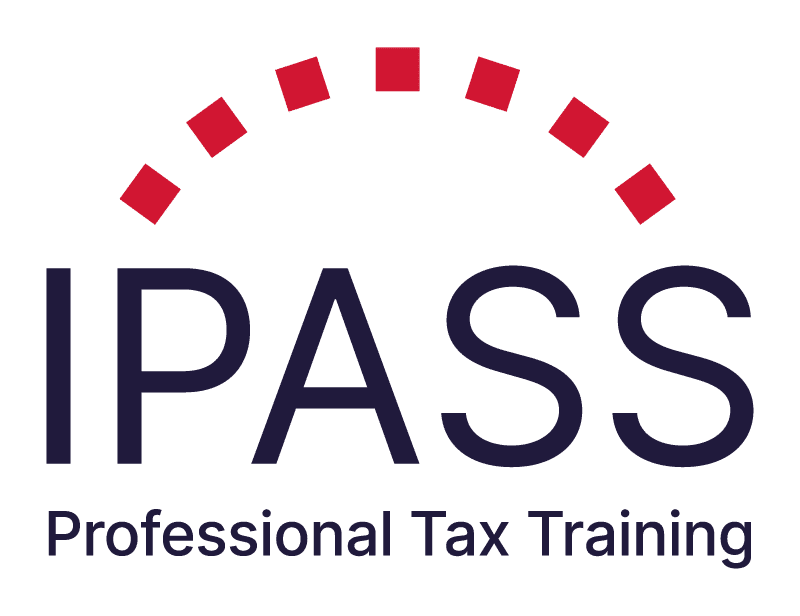
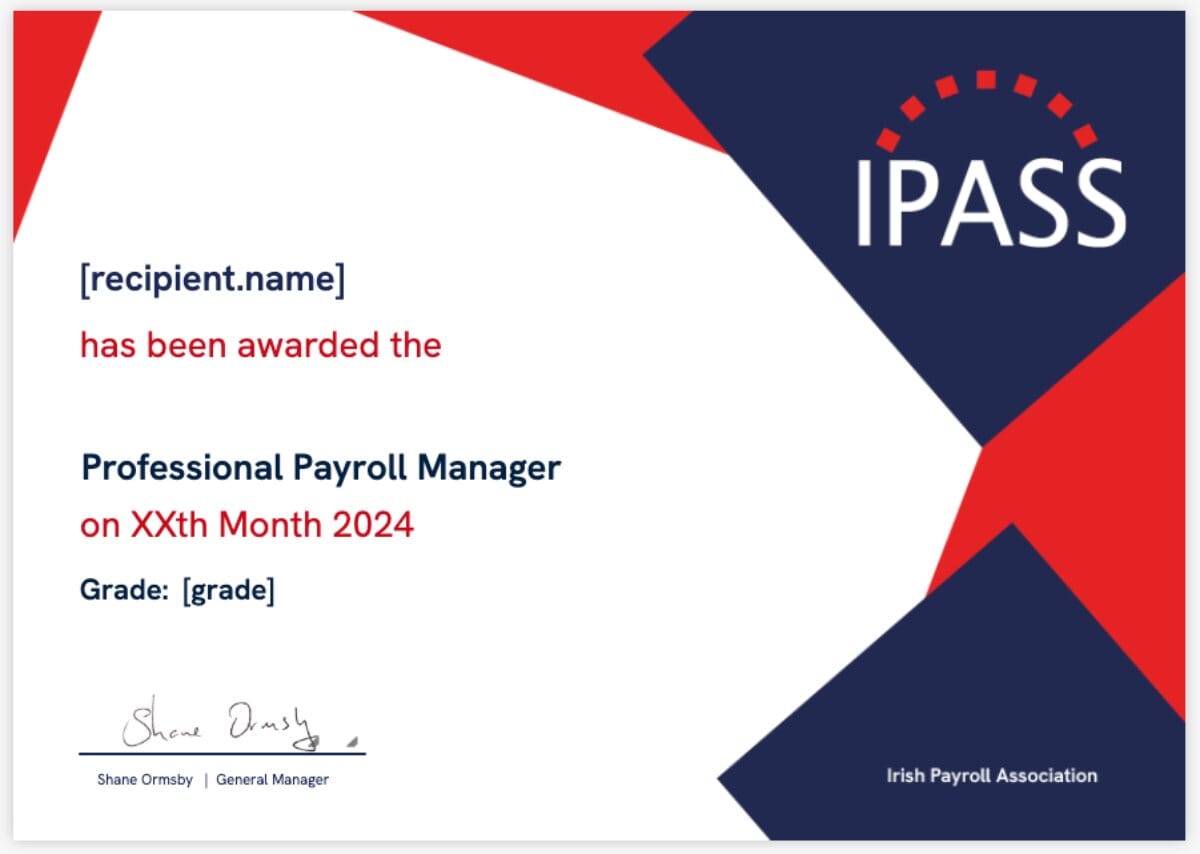
-
Formal IPASS QualificationDeep immersion in the most sought after skills sought by senior Payroll recruiters.
-
Full IPASS Membership StatusEntitlement to IPASS Membership and use of designatory letters MIPA to highlight your status
-
Learn an in-demand skillEvery organisation needs an accurate and efficient payroll, regardless of sector
-
Industry endorsed by our Expert Industry Advisory GroupYou can be sure your curriculum is aligned with exactly what Employers are looking for
-
Showcase your skills and expertiseReceive an IPASS digital credential to share across professional networks

“I decided to sign up for the PPM course as I wanted to boost my career and my manager recommended this course to me. Since I have passed my exam, I have been more recognised in my workplace and was also given a pay rise. I would recommend IPASS to any friend or colleague that are looking into a payroll course as they provide all the necessary tools needed for a successful outcome."
Learn more
Request more information
Complete the form to receive:
- Detailed course information and syllabus
- Notifications on upcoming webinars, open days, and special events
- Our exclusive monthly industry newsletter
Or book a 15-minute no-obligation consultation video-call with our admissions team
"The PPM course helped explain different situations that arise within Payroll, the legal side of things and HR. The course is full of practical examples in all 3 areas. I have been offered Payroll jobs but I like a mixture of Payroll and Accounts. What I liked most about IPASS is that they are experts in their field."

